Naveen Malpani, Partner and Consumer Industry Leader, Grant Thornton Bharat, spoke about the challenges of urban slowdown besides increasing significance of the quick commerce channel for FMCG firms. Excerpts:
Urban slowdown has been the key challenge in 2024. Do you expect this to continue in 2025 ?
Inflation has definitely impacted urban demand. While urban demand has stagnated a bit, rural demand has been recovering on the back of good monsoon and government spending. Prices of staples have stabilised. Also, there is an aspirational demand that comes from rural India. But overall, urban demand has been under pressure which has led to lesser discretionary spends. Volume stagnation is reflecting in the results of all FMCG companies. I think companies with very good spread in rural India have been able to take care of it to some extent. Urban demand is expected to continue to remain under pressure till maybe mid 2025.
What factors will help enable urban demand recovery ?
There has been no dearth of demand from the affluent consumers, especially for premium products. The middle income and the lower middle-income group are more affected and their discretionary spends have gone down drastically. With the Budget around the corner, there are expectations of rationalisation in some taxes.
Also, from a global headwinds perspective, some stability is expected, which will help in making the supply chain more efficient. This could help stabilise availability and prices of raw materials, which in turn will aid FMCG companies in managing costs. From an external market perspective, the FMCG sector has actually attracted nearly 10 per cent of the total investments that has come into India. So, there is a lot of bullishness in the market in terms of the growth that the FMCG companies can achieve.
With the growing popularity of quick commerce channel in metros, how do you see the channel dynamism playing out?
Quick commerce has been a success story in India unlike other markets. This is due to factors like high internet penetration and a large base of Gen Z consumers seeking convenience. Quick commerce channel is expected to continue to grow significantly as a channel. The platforms are also looking to increase the basket size for consumers beyond grocery to grow their margins.
This will further push the demand for quick commerce channel. They have also started charging a marginal fee to help reduce cash burn. Also, they seem to be selling more premium products. They are expanding to newer cities and have a huge untapped market. FMCG players will need to focus on technology and structure strategies to leverage on e-commerce and quick commerce.
Do you see more action in terms of mergers & acquisitions in this sector ?
Post Covid, some players couldn’t sustain the overall fall in the demand which led to some bit of consolidation. So, we expect mergers and acquisitions would continue in the sector. This is due to various factors. Some companies are giving up on their non-core portfolios. Others are looking to acquire brands that are helping them expand their portfolio.
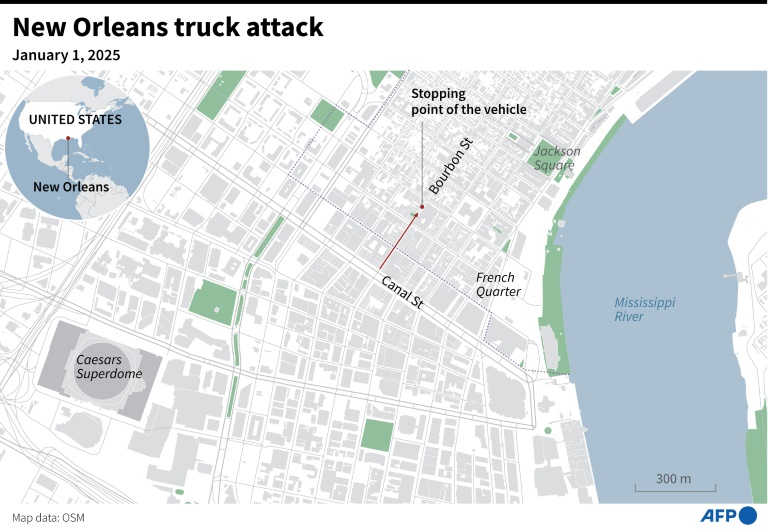
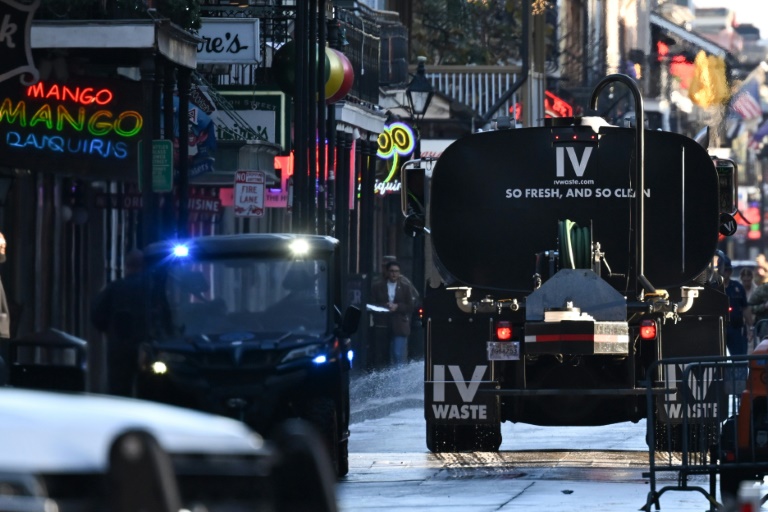
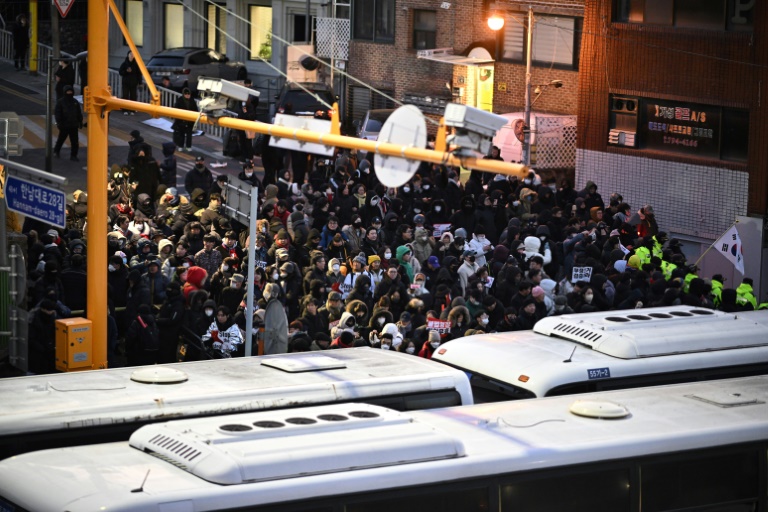

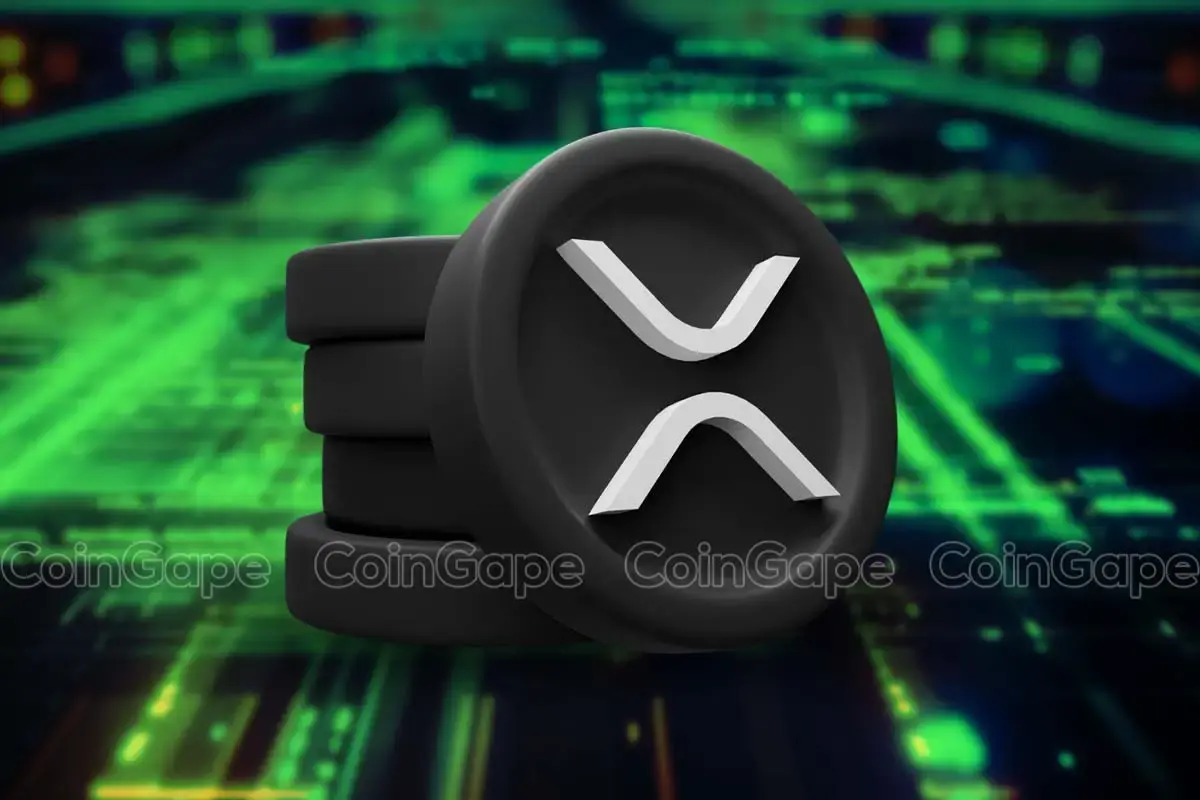
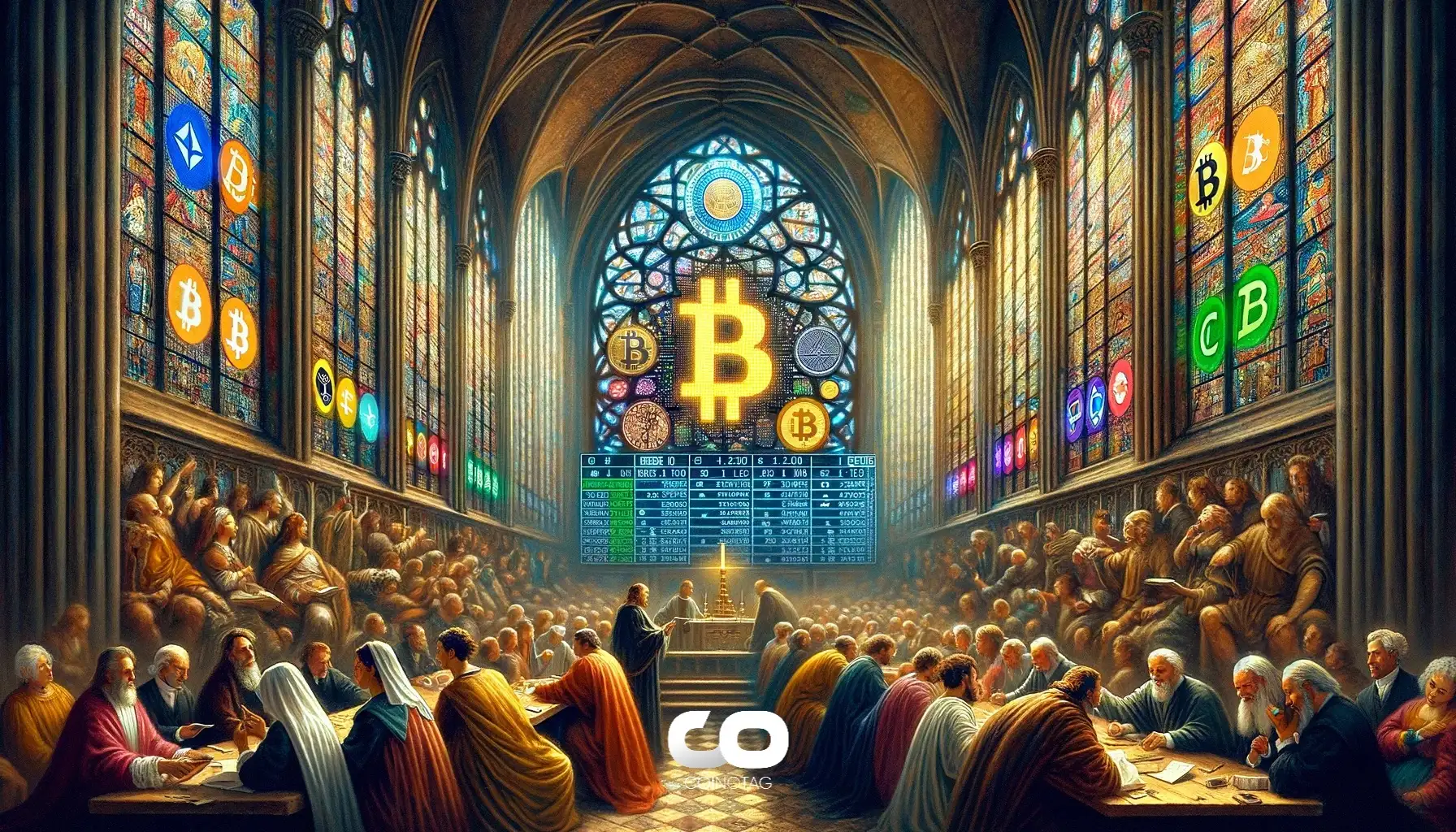


Leave a Comment